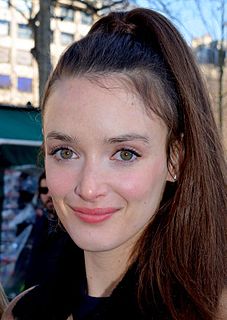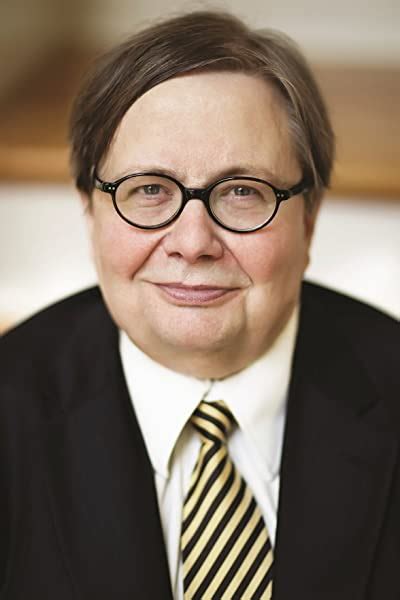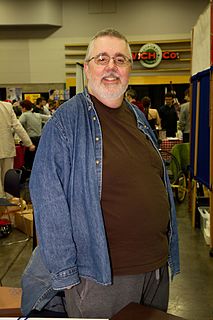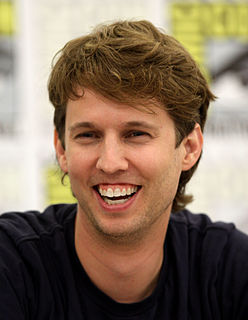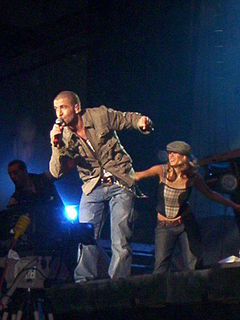A Quote by Diane Keaton
I think that people who are famous tend to be underdeveloped in their humanity skills.
Related Quotes
The ways in which acquired savants show up are usually the same ways that congenital, or non-acquired, savant syndrome shows up. They tend to show up in the same areas: music, art, math, visual, spatial skills, and calendar calculating, although calendar calculating probably isn't quite as prominent in that group. They tend to show up quite quickly, or sort of explode on the scene and they then tend to have an obsessive sort of forceful quality about them in the same way as savant skills. So they tend to show up in the same ways.
People, to maintain their self-esteem, tend to believe they are above average on all positive qualities - height, income, intelligence, sense of humor, negotiating ability, you name it. The problem is that if we are going to really build our skills, we need to know which skills are most deficient. So, I advise people to find confidantes to tell them the truth. And then act on that knowledge to build the abilities they need to be more successful.





